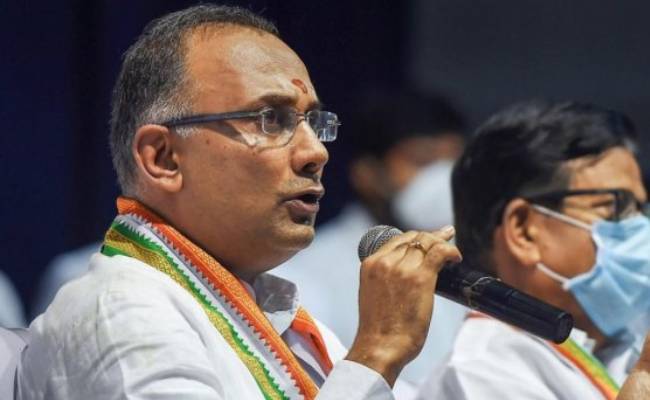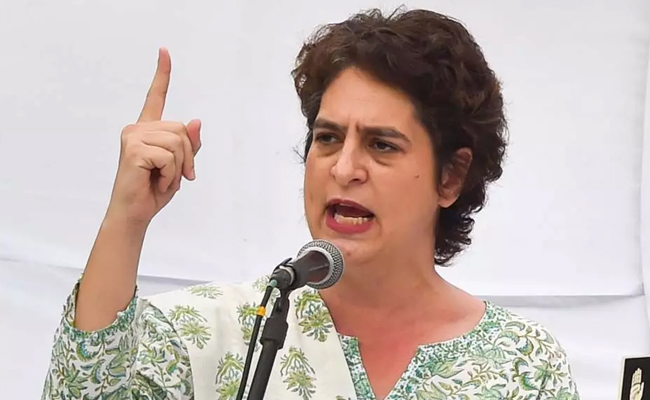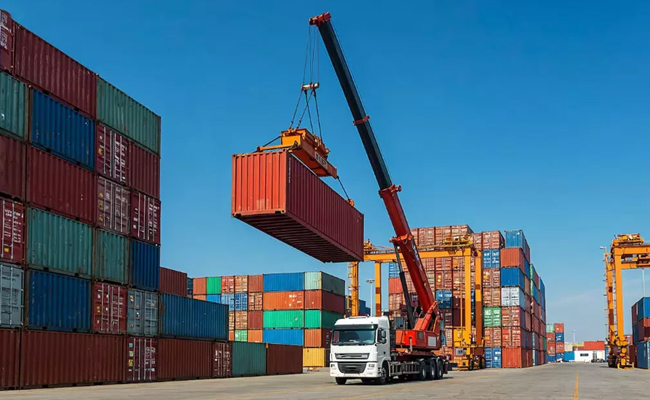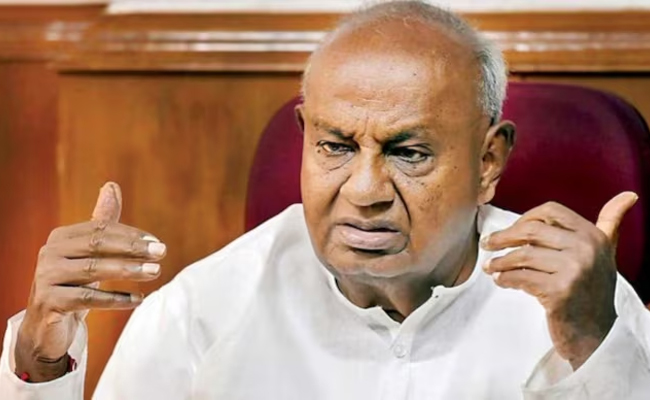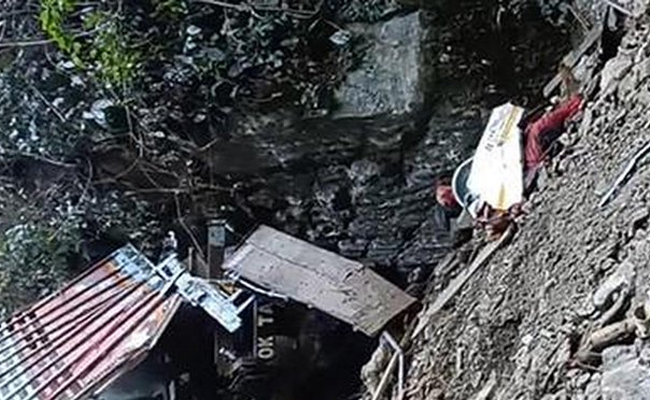Bengaluru (PTI): The Karnataka government will review the largesse of the previous BJP government in allotting 'hundreds of acres of land' to RSS and its affiliated organisations, Karnataka Health and Family Welfare Minister Dinesh Gundu Rao said on Friday.
He also said a few tenders issued by the BJP government have been cancelled while others will be looked into.
The functioning of the health and family welfare department, its officers and doctors and the measures taken to ensure sound public health will be discussed in a meeting next week, Rao added.
"Hundreds of acres of government land in the state have been transferred in the name of RSS and Sangh Parivar affiliated organisations," the minister said in a press conference.
According to him, the purpose behind such allotment was to help these organisations grow and with that its ideologies should also grow.
"This (allotment of land) should not happen. One should inform everything to the people. Nothing should be kept secret. People should know. Taking everything in one way is not proper. So we have to take steps," the minister added.
When asked whether the government has taken any steps yet, Rao said he cannot say anything about the steps taken at this juncture but he pointed out that the Congress government has to do it.
"It should happen at the government level where the revenue department and the chief minister have to see what has happened and how it has happened. They have to decide after seeing whether it has been done lawfully and for what price it has been allotted because these are all legal matters," he explained.
To a question about the BJP claiming that there is a witch hunt against its cadres, Rao alleged that the objective of that party was to meddle with history, create rift among people, and spread hatred, which they were doing at every level, be it in textbooks, or appointing such people in various organisations and allotting government land to RSS and its affiliated organisations.
The minister also said that he has convened a meeting where many decisions will be taken.
He added that the Congress government cancelled a few tenders such as the 108-Ambulance tender and the dialysis contract.
"There are other issues as well, such as the functioning of our department, officers and doctors and taking care of public health. Preventive measures will also be looked into," Rao said.
He also explained that some policy matters related to his department will be discussed with the experts to improve the existing system to provide quality treatment to people.
Let the Truth be known. If you read VB and like VB, please be a VB Supporter and Help us deliver the Truth to one and all.
New Delhi (PTI): Congress leader Priyanka Gandhi Vadra on Monday slammed the government over its move to change the name of MGNREGA, asking what is the government's intention behind removing the name of Mahatma Gandhi who is the tallest leader not just in India but in the world.
A bill to repeal the MGNREGA and bring a new law for rural employment -- Viksit Bharat Guarantee for Rozgar and Ajeevika Mission (Gramin) (VB-G RAM G) Bill, 2025 -- is set to be introduced in the Lok Sabha. According to a copy of the bill, it seeks to introduce the VB-G RAM G Bill, 2025, in Parliament and repeal the Mahatma Gandhi National Rural Employment Guarantee Act (MGNREGA) of 2005.
Asked about the government's move, Priyanka Gandhi said, "Whenever the name of a scheme is changed there are so many changes that have to be made in offices, stationery... for which money is spent. So, what is the benefit, why it is being done?"
"Why is Mahatma Gandhi's name being removed. Mahatma Gandhi is considered the tallest leader not just in the country but in the world, so removing his name, I really don't understand what is the objective? What is their intention?" she told reporters in Parliament House complex.
ALSO READ: Ex-PM Devegowda warns opposition of electoral losses if they continue to allege 'vote chori'
"Even when we are debating it is on other issues not the real issues of the people. Time is being wasted, money is being wasted, they are disrupting themselves," Priyanka Gandhi added.
The bill aims at establishing a "rural development framework aligned with the national vision of Viksit Bharat 2047", by providing a statutory guarantee of 125 days of wage employment in every financial year to every rural household whose adult members volunteer to undertake unskilled manual work.
The bill has been listed in the Lok Sabha in the supplementary list of business issued on Monday.
Rural Development Minister Shivraj Singh Chouhan, in the statement of purpose of the Bill, said MGNREGA has provided guaranteed wage-employment to rural households over the past 20 years.
However, "further strengthening has become necessary in view of the significant socio-economic transformation witnessed in the rural landscape driven by widespread coverage of the social security interventions and saturation-oriented implementation of major government schemes", he said.

